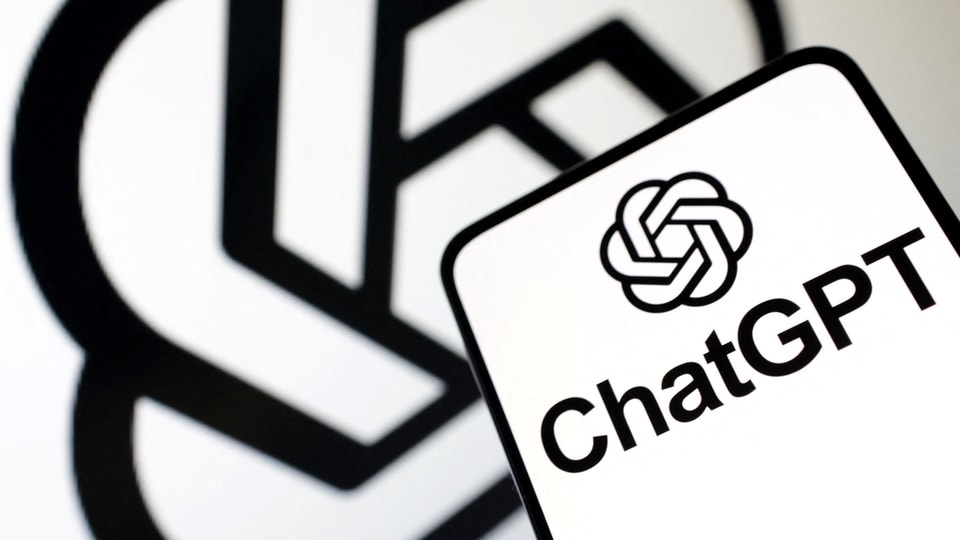From research to language learning, 5 ways ChatGPT can help students unlock academic success
Know the 5 best ways to use ChatGPT as a student to enhance your learning experience and unlock your academic potential.

Technology has always impacted education and the way learning happens. Decades ago, books were the only way to learn about new concepts and the world around us. But with technological advancements, we have seen computers, the internet, and television emerge as a way to enable learning through audio-visual and interactive mediums. Now, with the emergence of generative artificial intelligence, and in particular ChatGPT, education is moving towards the direction of personalized learning, and AI tutors. So, how can students maximize their learning experience? Check out these 5 ways.
However, before we dive into the topic, it is essential to emphasize ethical considerations and responsible use. ChatGPT should not be used to generate plagiarized content. Students should always cite sources and acknowledge the tool's assistance. Additionally, ChatGPT's responses should not be blindly accepted. Students should exercise critical thinking skills to evaluate information for accuracy and reliability.
5 ways ChatGPT can help students
1. Research assistance: One of the ethical ways students can leverage ChatGPT is as a research companion. By articulating well-structured questions, users can prompt the model to generate concise and informative responses. This will help them gain a deeper understanding of complex topics and result in the development of well-researched academic papers. Additionally, students can also ask the chatbot to analyze data and help with finding insights from it without having to go through it manually.
2. Inspiration for essays and projects: ChatGPT can help students brainstorm ideas for essays, research papers, and other creative projects. By providing a list of related topics and keywords, ChatGPT can help students think outside the box and come up with new and original ideas. This way users can find innovative ideas for their assignments and projects.
3. Language learning: ChatGPT can be a valuable tool for language learners. Students studying foreign languages can use ChatGPT to practice their vocabulary, grammar, and sentence construction by engaging in conversations with the AI. This interactive approach provides a dynamic complement to traditional language learning methods, making the process more engaging and effective. By using its voice feature, students can also practice speaking new languages.
4. Conceptual understanding in STEM fields: For students grappling with the intricacies of Science, Technology, Engineering, and Mathematics (STEM) subjects, ChatGPT can be an invaluable virtual study companion. By posing specific questions related to mathematical problems or scientific concepts, students can receive clear explanations and clarifications, enhancing their understanding of challenging STEM material.
5. Acting as a personalized tutor: ChatGPT can serve as a supplemental tutor, offering real-time support and feedback, helping students clarify concepts and address specific challenges. It can tailor its explanations and examples to each student's unique learning style and pace, ensuring that the tutoring is personalized and effective. It can break down challenging concepts into simpler terms, provide step-by-step explanations, and offer alternative explanations and perspectives. It can also engage students in interactive questioning sessions, posing questions that assess their understanding of the material and reinforce key concepts.
Catch all the Latest Tech News, Mobile News, Laptop News, Gaming news, Wearables News , How To News, also keep up with us on Whatsapp channel,Twitter, Facebook, Google News, and Instagram. For our latest videos, subscribe to our YouTube channel.


























